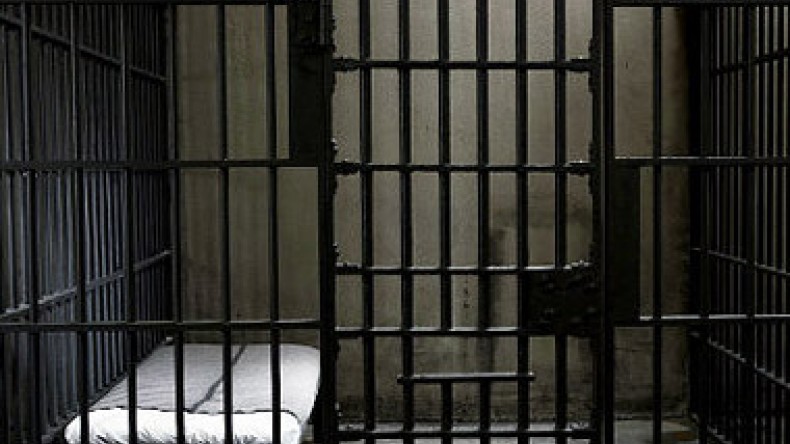
IRFS: Azerbaijan currently has more than 100 political prisoners
The Azerbaijani government is simply failing to take its human rights obligations seriously, and is committing widespread and systematic violations of its citizens’ rights, Institute for Reporters’ Freedom and Safety writes in its report titled “Azerbaijan at the OSCE: Ignoring the Human Dimension.”
As the report notes, hile Azerbaijan has historically made an effort to cooperate with the OSCE – at least, on the surface – this year has been a troubled one for the OSCE-Azerbaijan relationship. The Azerbaijani government has expressed increasing hostility towards the organization, culminating in an eventual consensus decision to downgrade the mandate of the OSCE Office in Baku to a Project Coordination Office. At the same time, uncertainty persisted surrounding the question of whether the Azerbaijani government would extend an invitation to the OSCE Office for Democratic Institutions and Human Rights (ODIHR) to monitor the upcoming 9 October presidential election.
The report says that Azerbaijan is failing to implement many of these commitments, in particular, the fundamental freedoms of expression, assembly and association, which are under attack in the run-up to Azerbaijan’s 9 October presidential election. Azerbaijan is also failing to implement its commitment to freedom from arbitrary arrest or detention. According to the Baku-based Human Rights Club, Azerbaijan currently has more than 100 political prisoners, many of whom were arrested in connection with exercising their rights to freedom of expression, assembly, or association.
The report also reads that some of the most damaging means of electoral frauds have persisted, such as barring observers from the vote counting and tabulation process, and tampering with the final protocols.
Most significantly, the Azerbaijani government has consistently ignored ODHIR’s recommendations for many of the most important underlying changes needed to ensure the democratic conduct of elections. Thus, rather than improving the climate for media freedom, allowing all candidates to express their views freely the government has cracked down, each year taking further steps to restrict the expression of any form of criticism or dissent.
Rather than easing restrictions on citizens’ ability to exercise their right to peacefully assemble, the government has severely limited the areas where rallies are allowed to be held, and steeply increased the fines for organizing or participating in unsanctioned rallies
In recent years, the RFOMs have undertaken many missions to Azerbaijan and made many statements expressing concern about freedom of expression violations in the country, in particular the arrests of journalists and bloggers. The report reads that, though journalists and bloggers have often been released from prison early before completing their entire sentences, the cycle of arrests continues, as other critical journalists and bloggers continue to face politically motivated arrests and imprisonment in connection with their work.
With regard to the many calls to put a stop to attacks against journalists and impunity for their attackers, violence against journalists continues, with more than 200 cases documented by IRFS since the murder of Monitor magazine editor-in-chief Elmar Huseynov in March 2005. Virtually none of these cases have been seriously investigated or prosecuted, resulting in a climate of complete impunity for those who wish to use violence to silence critical voices, and a climate of fear for Azerbaijan’s media community.
To that end, IRFS has developed a set of recommendations to the OSCE for specific steps needed to improve Azerbaijan’s implementation of its obligations.
Newsfeed
Videos






























